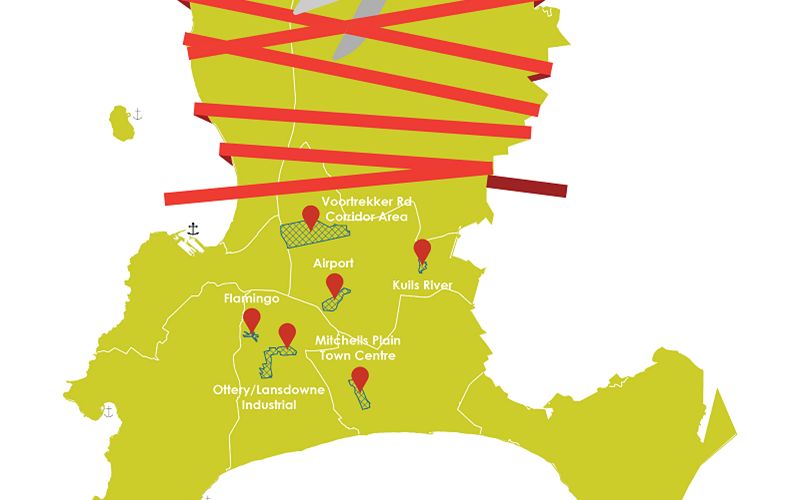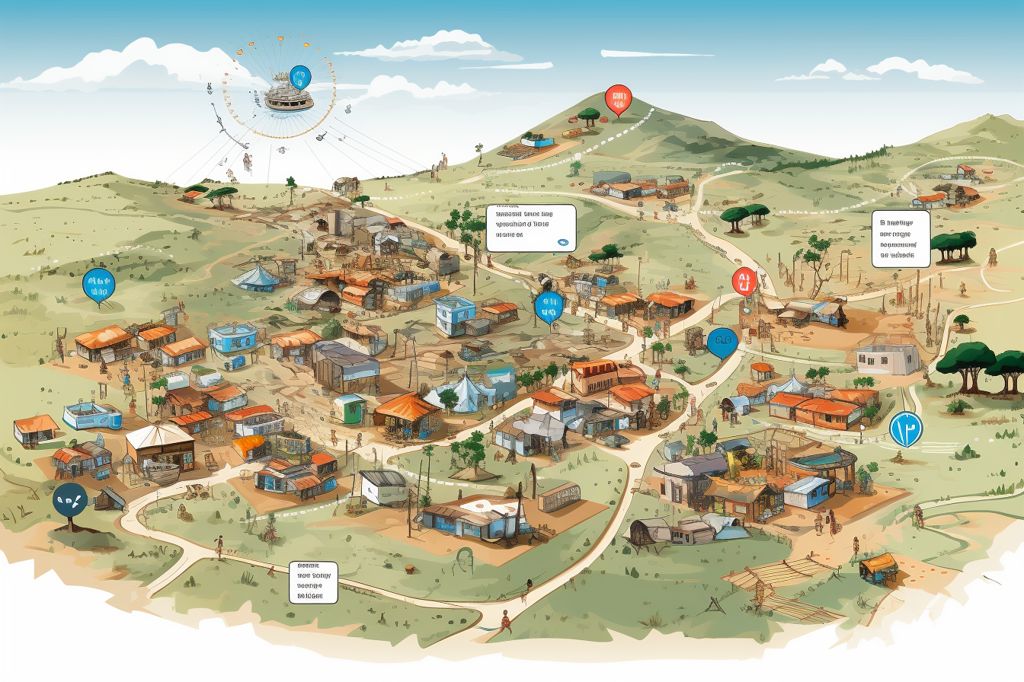The City of Cape Town is proposing to reduce heritage protection in seven development focus areas as a step towards economic growth and development. These areas include Airport Industria, Atlantis, Flamingo, Kuils River, Mitchells Plain Town Centre, Ottery/Lansdowne, and the Voortrekker Road Corridor. The proposal aims to create a more business-friendly environment by allowing property owners and developers to alter, improve, and demolish buildings older than 60 years without prior approval from Heritage Western Cape (HWC).
Responding to Aging Infrastructure
The aging infrastructure throughout Cape Town is the reason behind this proposal. In the current regulatory framework, those who wish to alter or demolish a structure older than 60 years must first apply for a Section 34(1) permit from HWC, regardless of the property’s heritage value. However, if the proposed exemptions are approved, this requirement will be waived.
A Leap Towards Economic Growth and Development
Alderman Eddie Andrews, Deputy Mayor and Mayoral Committee Member for Spatial Planning and Environment, states that the exemptions are meant to stimulate economic growth and job creation, fostering a better environment for businesses to thrive. The proposal aligns with their vision of building a “City of Hope.”
Protecting Conservation-Worthy Properties
The proposal also includes the intention to identify and place specific conservation-worthy properties on the heritage register for protection through the City’s Heritage Protection Overlay Zonings. Alderman Andrews assures residents that fieldwork has been conducted to identify buildings and places with heritage value within the proposed exemption areas.
Collaboration and Investigation
The City of Cape Town’s Urban Planning and Design Department worked in collaboration with the Environmental and Heritage Management Department, as well as consulting experts, to conduct a National Heritage Resource Act exemption areas investigation in pursuit of Section 34 and 38 exemptions.
Benefits of Proposed Exemptions
The proposed exemptions would significantly expedite building plan submissions and eliminate unnecessary planning application processes in these areas, thus reducing the regulatory and administrative burden on developers, property owners, the City, and HWC. This move has the potential to transform Cape Town into a more prosperous city and foster an atmosphere of innovation and progress.
Have Your Say
The City of Cape Town welcomes residents and interested parties to share their opinions on the proposal. Objections and comments may be submitted via their online Have Your Say page at www.capetown.gov.za/haveyoursay. The deadline for submissions is 14 August 2023.
Summary
Cape Town is actively seeking to revitalize its aging infrastructure and foster a positive environment for developers and businesses. By reducing heritage red tape in seven development focus areas, the city is making a bold move towards a more prosperous and hopeful future. With the invitation for citizens to share their thoughts on this proposal, the City of Cape Town demonstrates its commitment to transparent and inclusive decision-making for the benefit of all.








